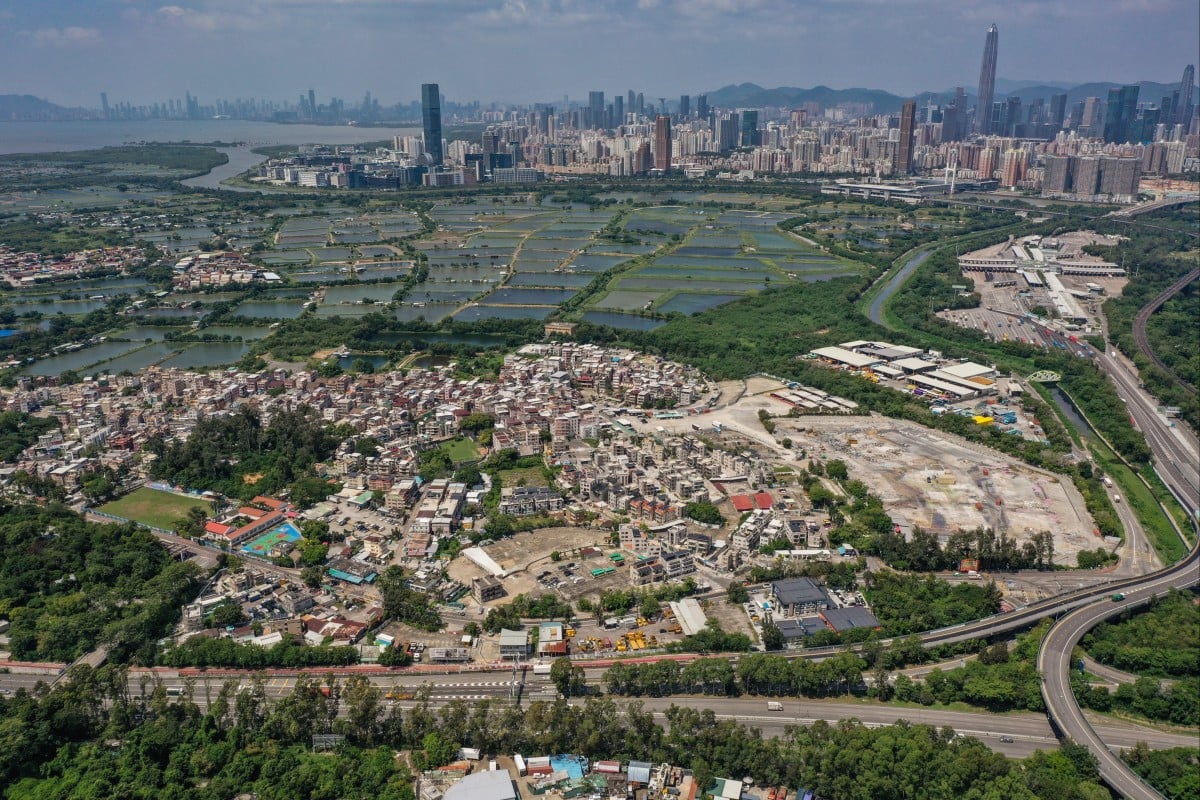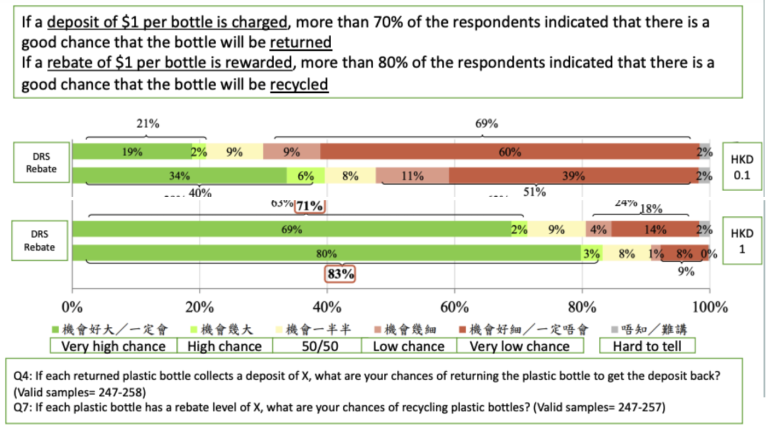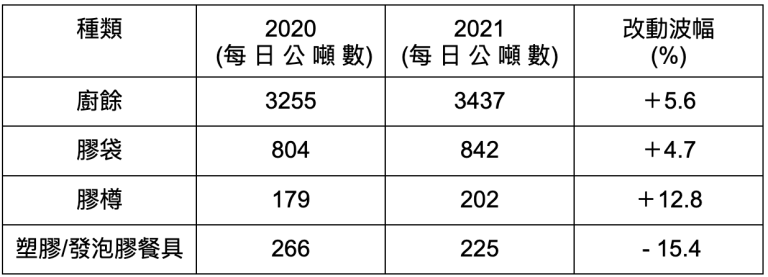Green Ideas For Hong Kong’s Chief Executive

(21 Aug 2024 SCMP)
To revive the vibrancy of our city that we were once proud of, the government must adopt a holistic approach to sustainability. It must allocate more resources for protecting the environment, fostering better livelihoods for residents, attracting foreign investment, creating new and green job opportunities and boosting government revenue.
I would like to offer some recommendations for Chief Executive John Lee Ka-chiu’s third policy address. The city has an acute waste problem. However, incineration is considered a less effective means of tackling the problem than waste reduction, and as a method of generating electricity, it is more carbon-intensive than a conventional power plant. The administration should strengthen public education to make waste reduction the new normal instead of relying heavily on incineration.
Single-use products should be eliminated as far as possible to avoid generating huge amounts of waste. To take single-use plastic drink containers as an example, setting the mandatory initial recovery target at 70 per cent will bolster the development of the local recycling industry, creating more green jobs and saving both resources and landfill space.
The administration should relaunch waste charging in 2025, given that it’s a proven waste management tool. Officials should take the lead in showing how the scheme can be implemented seamlessly on government premises to achieve meaningful waste reduction, which would surely win public support.
Decarbonising our buildings should be a top priority since around 60 per cent of our carbon emissions come from their energy use. Buildings should be mandated to disclose their energy utilisation index. No property developer should want to attract public attention with low grades.
As Lee envisages Hong Kong becoming a superhub for international shipping and aviation, he should not lose sight of setting sustainable aviation fuel and green methanol uptake targets to maintain the city’s competitive edge. Establishing a local blending facility for sustainable aviation fuels will propel our economy in an eco-friendly way.
When it comes to sustainable development, conserving ecosystems like oceans and wetlands is a Chinese national policy priority. Therefore, destroying an estimated 248 hectares of wetlands and buffer zones for the San Tin Technopole project in Hong Kong is incompatible with the direction the country is going in. Why is the Lee administration going against President Xi Jinping’s thoughts on ecological civilisation?
Edwin Lau Che-feng, founder and executive director, The Green Earth

 繁
繁 綠惜教育活動
綠惜教育活動

 2024-08-21
2024-08-21
 返回
返回
 2022-07-28
2022-07-28


